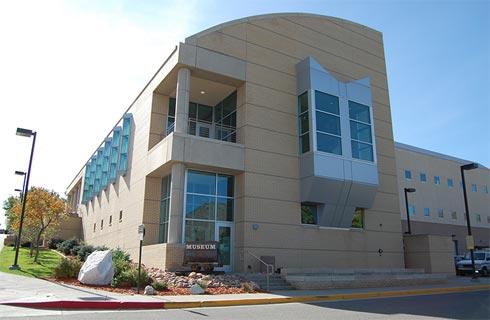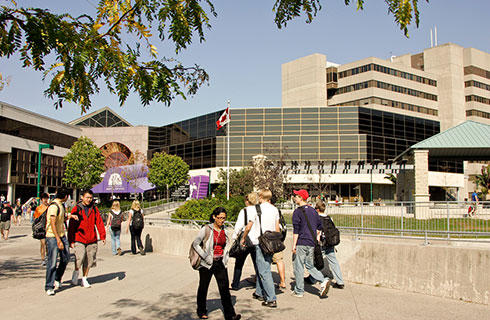国际学生入学条件
The following minimum requirements apply to all graduate programs and will be verified by the Graduate Division:
A bachelor’s degree or recognized equivalent from an accredited institution;
A grade point average of B or better (3.0);
If the applicant comes from a country or political entity (e.g., Quebec) where English is not the official language, adequate proficiency in English to do graduate work, as evidenced by a TOEFL score of at least 90 on the iBT test, 570 on the paper-and-pencil test, or an IELTS Band score of at least 7 on a 9-point scale (note that individual programs may set higher levels for any of these); and
Sufficient undergraduate training to do graduate work in the given field.
The admission committee employs a holistic approach to assessing the merits of each application. This means that we review all facets of an application in order to determine a candidate’s overall potential and fit with our program. In particular, the Statement of Purpose and Personal Statement are very important aspects of your application. Strong undergraduate preparation for this program would include at least one year each of: calculus, physics, and general biology, two to three semesters of chemistry (general, organic and physical chemistry), additional advanced coursework in such areas as biochemistry, biophysics, cell biology, genetics, microbiology, molecular biology, immunology and/or neurobiology, experience of working in a research laboratory while an undergraduate . Letters of recommendation should be from persons who have supervised your research or academic work and who can evaluate your intellectual ability, creativity, leadership potential and promise for productive scholarship.
展开
IDP—雅思考试联合主办方

雅思考试总分
7.0
- 雅思总分:7
- 托福网考总分:90
- 托福笔试总分:570
- 其他语言考试:NA
CRICOS代码:
申请截止日期: 请与IDP联系 以获取详细信息。
课程简介
Faculty in the Division of Neurobiology (NEU) engage in advanced research in neuroscience from the molecular to the integrative and computational levels. Specific topics under investigation include: molecular and biophysical analysis of ion channels, receptors and signal transduction mechanisms, formation and plasticity of synapses, control of neural cell fate and pattern formation, neuronal growth-cone guidance, target recognition and regeneration, mechanisms of sensory processing in the visual, auditory, olfactory and gustatory systems, and development and function of neural networks. The preparations being investigated range from cells in culture, to simple invertebrate systems and model genetic organisms, to the mammalian cerebral cortex. The faculty offer an integrated approach to training in modern neurobiology, spanning the use of molecular and classical genetics, molecular, biochemical, cell biological and anatomical methods, electrophysiological and biophysical techniques, functional genomics, advanced optical imaging, and computational analysis.
展开







 预科
预科 奖学金
奖学金 实习机会
实习机会 在校学习
在校学习 跨境学习
跨境学习 校园授课-线上开始
校园授课-线上开始 在线/远程学习
在线/远程学习














 圣力嘉学院
圣力嘉学院

 尼亚加拉学院
尼亚加拉学院

 百年理工学院
百年理工学院

 萨斯喀彻温大学
萨斯喀彻温大学

 萨斯喀彻温大学
萨斯喀彻温大学

 西蒙菲莎大学
西蒙菲莎大学









 美国
美国